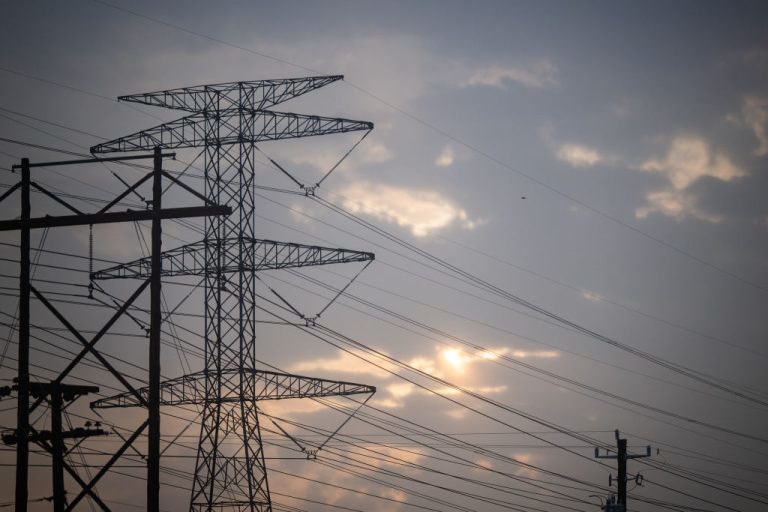July 13 (Reuters) – Texas’s power grid operator asked homes and businesses on Wednesday to once again conserve electricity amid stifling heat that has pushed power demand beyond its available supply.
For the second time this week, the Electric Reliability Council of Texas (ERCOT), which operates the state’s power grid, said homes and businesses should conserve energy due to expectations that the state’s power resources would not be able to keep up with rising demand.
Temperatures across the state were once again above 100 degrees Fahrenheit (38 degrees Celsius), higher than the average for this time of the year. ERCOT said demand would start to exceed available supplies sometime after 2 p.m. CDT (1900 GMT), and called for conservation for a six-hour period.
ERCOT operates the grid for more than 26 million customers representing about 90% of the state’s power load.
Texas homes and businesses heeded ERCOT’s weekend call to conserve energy on Monday. That allowed the grid to meet record demand without resorting to emergency measures, including rotating blackouts.
Success
You are now signed up for our newsletter
Success
Check your email to complete sign up
Power demand hit another all-time high on Tuesday as consumers continued to crank up their air conditioners to escape a brutal heat wave. ERCOT did not ask consumers to conserve energy on Tuesday.
AccuWeather forecast temperatures in Houston, the biggest city in Texas, will reach 104 F on Wednesday. That would be the hottest day in the city since August 2015 when highs reached 106 F and compares with a normal high of 94 F for this time of year, according to federal data.
ERCOT forecast power use hit a preliminary 78,419 megawatts (MW) on Tuesday, topping the prior record of 78,264 MW on Monday, and will reach 78,963 MW on Wednesday. Read full story
One megawatt can power around 1,000 U.S. homes on a typical day, but only about 200 homes on a hot summer day in Texas.
Power prices at the ERCOT North Hub EL-PK-ERTN-SNL, which includes Dallas, jumped to a near 13-month high of $280 per megawatt hour for Wednesday from $130 for Tuesday. That compares with an average of $70 so far this year, $141 in 2021 and a five-year (2017-2021) average of $56.
By Arpan Varghese and Scott DiSavino, Reuters.















